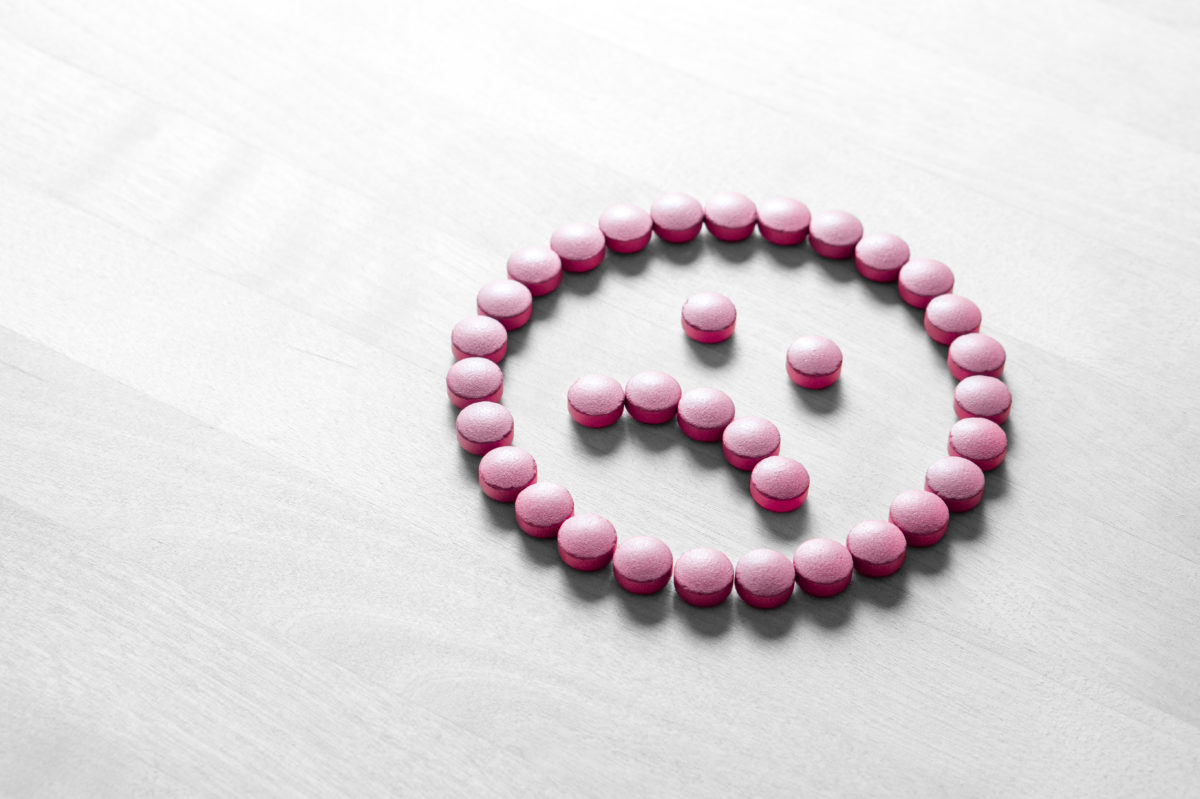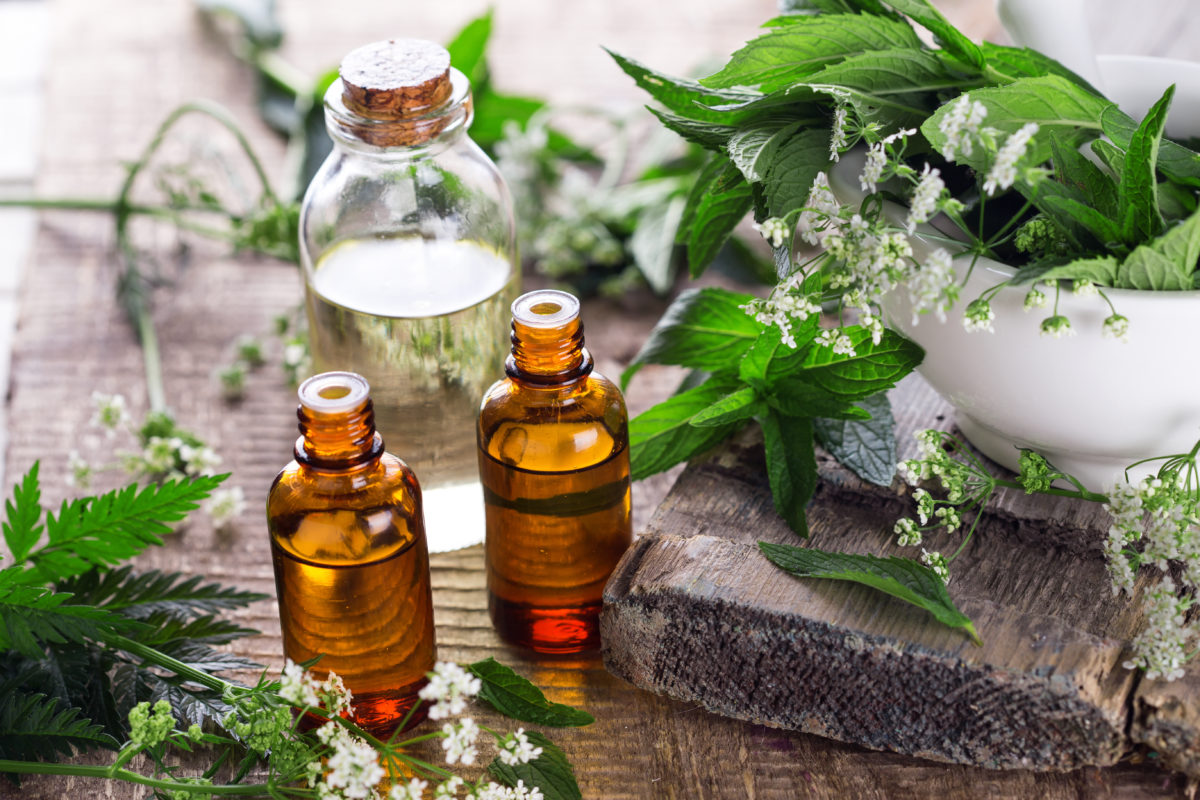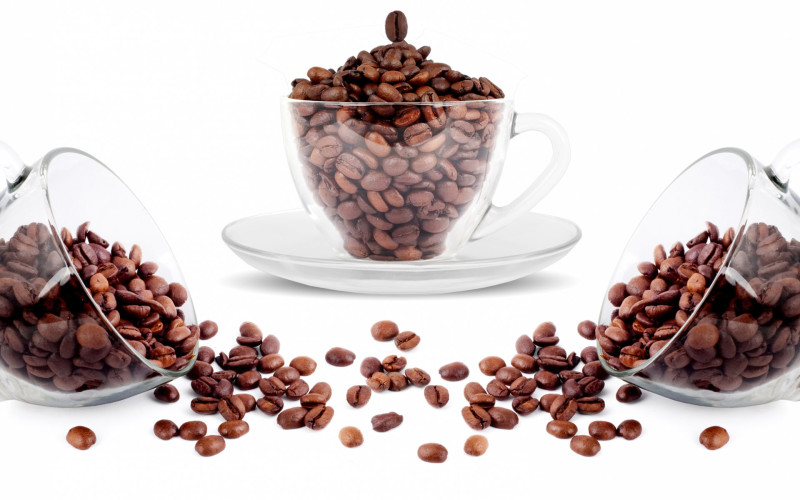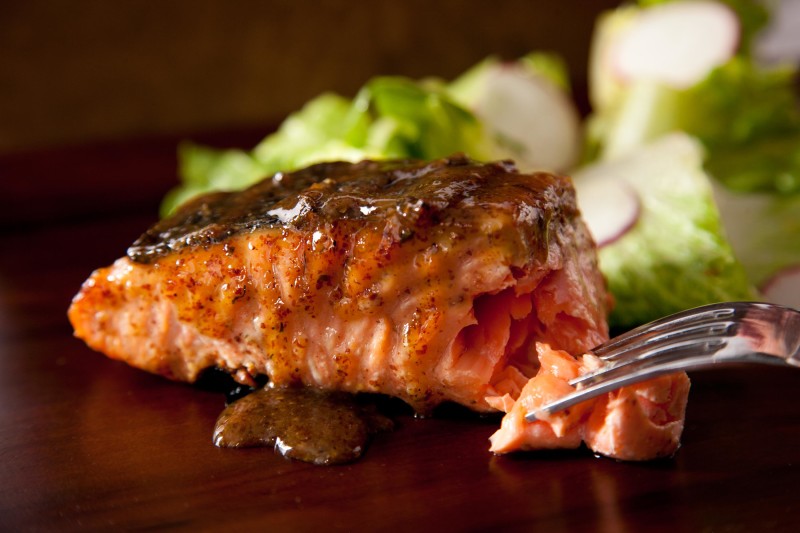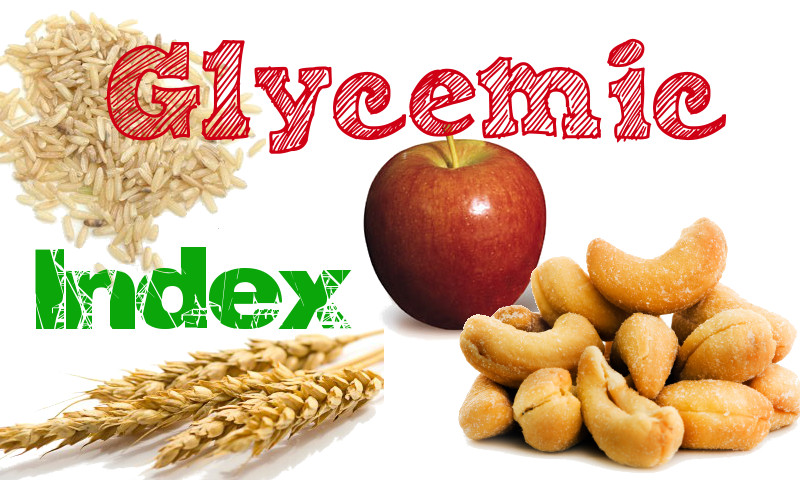A recent study shows that 1 in 10 Americans report chronic pain!
25 million American adults – over 11 percent – reported having chronic pain in the past three months.
A surprising number of Americans take over the counter pills daily to fight chronic pain and inflammation (Advil, Tylenol, Alleve). These OTC meds can cause a range of side effects, from stomach upset to chronic ulcers to bleeding issues.
Then you have the growing number of pain sufferers prescribed even stronger pain medications.
According to the CDC, since 1999 the amount of opioid painkillers like oxycodone and hydrocodone sold in the United States has nearly quadrupled. And along with it so have deaths from overdoses of these medications that have a strong abuse potential. The CDC estimates that roughly 44 people die each day in the United States as a result – more than car crashes by the way.
WHY SO MUCH PAIN? Inflammation.
Inflammation is the culprit behind:
- Chronic back pain
- Migraines
- Depression
- Type 2 Diabetes
- Autoimmune diseases such as Crohn’s disease, Lupus and Rheumatoid arthritis
- Alzheimer’s and other dementias
- The 3 top killers in the US: heart disease, cancer and stroke.
Let’s turn our focus away from the drugstore aisles and pharmacies and onto our kitchens and plates!
We can eat to help inflammation in our bodies. Changing our diets can drastically reduce our dependence on medications. Let’s take a look a few basic changes we can all make, if we become informed.
Balance out your FATS!
OMEGA 6 fats promote inflammation. We need to decrease these in our diet. Where can we cut out Omega -6 fats? Eat LESS vegetable oils, such as sunflower and corn, and processed and fast food made with them.
OMEGA-3 fats reduce inflammation. Where can we get more Omega-3’s?- eat MORE salmon, tuna, flaxseeds, walnuts, canola and olive oils.
VEGETABLES: NATURE’S PAIN MEDS
UP TO 60% OF AMERICANS DON’T GET ENOUGH VEGETABLES DAILY
The darker, leafy and more colorful the better (kale, broccoli, red/green peppers)!! A good general rule: More color=more anti-inflammatory properties
SOY
Soy milk, tofu, soy vegetables are very anti-inflammatory
Glass of soy milk a day for a week you may notice that joint pain is better!
MAGNESIUM
Depression and migraines linked to low levels of this important mineral.
Magnesium plays a crucial role in keeping our blood pressure normal, our heart beat steady, and our bones strong. There is growing evidence that people with high inflammatory markers often have low magnesium levels.
By the way, common medications prescribed for acid reflux, like Prevacid and Nexium, can cause low magnesium levels. If you take these regularly, your doctor should be checking your magnesium levels.
How to get more magnesium? Eat more beans, nuts, peas, spinach and whole grains. Refined grains have most of the magnesium removed which is yet another reason you want to eat whole grains!
DARK CHOCOLATE
The higher the cacao percent, the more anti-inflammatory. This is where it’s important to remember “moderation!”
SPICES/HERBS
- Turmeric – my favorite to sprinkle on morning cereal or a post-workout shake
- Ginger
- Rosemary
- Garlic
CHILI
A recent study that tracked almost 500,000 people found evidence to suggest that spicy foods lowered their inflammation, improved their weight and metabolic status.
Compared to people who ate spicy foods less than once a week, those who at them 3-5 times per week were 14% less likely to die while they were being tracked by researchers!
Specifically, the study also found “lower rates of ischemic heart disease, respiratory diseases and cancers…in hot-food eaters.”
It’s thought that capsaicin, the active component in chili peppers, may be responsible for the lower inflammation linked to less likelihood of these diseases. So, spice it up – if you can take it!
ALCOHOL – it’s a balance!
In moderation (1-2 glasses a day) it is anti-inflammatory! In excess it is PRO inflammatory!
I’m not saying that we may not need an anti-inflammatory pill or a pain medication for certain chronic conditions here and there. I am saying we should use our DIET as the FIRST LINE of medication, hopefully reducing our dependency on any medication.
For every action there is a reaction. It’s a basic law of physics and our bodies are a perfect example. What we eat as a whole can either increase or reduce inflammation in our bodies. What anti-inflammatory or pain pills we take will induce a reaction in our body, reducing pain but also inducing other reactions that lead to unwanted consequences (like stomach ulcers or addiction).
Educate yourself and bring that into your kitchen and onto your plates!!
 English
English French
French German
German

